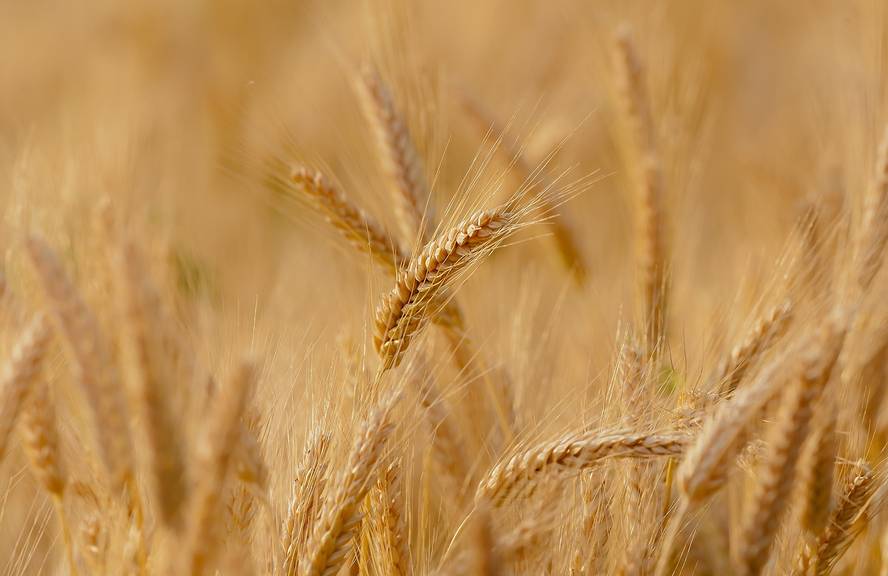Starch digestion genes multiplied much earlier than predicted
The enzyme Salivary Amylase is fundamental to digesting starch, and as a sign of the importance it has in our diet, humans today have several copies of the gene for this enzyme. Well, according to a recent study published in the journal Science, this gene started to double earlier than expected; long before agriculture began, even before sapiens and Neanderthals were separated.
The more copies of a gene, the more amylase can be produced and, therefore, more starch or better digested. This can be an important advantage, especially if starch consumption is high. Therefore, it was believed that from the start of agriculture, the doubling saliva amylase gene had been initiated. Currently, we can have between 2 and 12 copies, depending on the starch consumption of the populations.
In this study, analyzing the genomes of 68 ancient humans, it has been observed that hunter-gatherers prior to the formation of agriculture had an average of four or eight copies of the salivary amylase gene. In Neanderthals and Denisovars, researchers have found that genes have already been duplicated, according to researchers. Seeing that they already had 3 copies, they concluded that it is possible that the first doubles have happened more than 800,000 years ago, long before they were distributed between sapiens and Neanderthals.
As the researchers have explained, these first duplications allowed modern man to successfully adapt to the emergence of agriculture when the diet changed to starch. Specifically, the influence of agriculture on the idea of the chasm has been analyzed, and it has been proven that, although hunter-gatherers had several copies, this figure has increased significantly in the last 4,000 years. Indeed, from that time on, starch consumption increased enormously. Those who had more copies of the gene would make more profit and have more descendants.






